According to the report of the Departmentof Education and Training (DET) of Soc Trang, in the 2024-2025 school year, the Department has directed educational institutions to strengthen and mobilize ethnic minority students (EMS) to attend class, all of which met and exceeded the assigned targets.
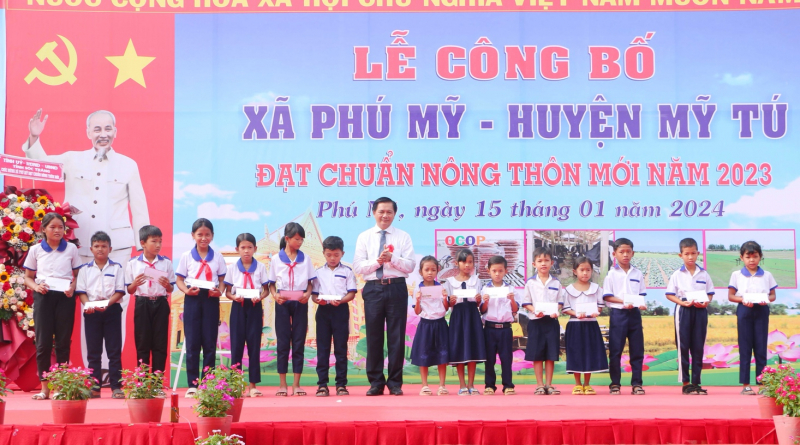
Specifically, for preschool education, the mobilization of ethnic minority children in nursery schools (3 months to 3 years old) reached 23.2%; preschool children (3 months to 5 years old) reached 92.%; preschool children (5 years old) reached 96.0%; primary school reached 99.17%; secondary school reached 99.54%; high school reached 85.91%. Regarding the network of schools and classes in ethnic minority areas, in the 2024-2025 school year, the whole province has 131 schools teaching Khmer, with 1,676 classes (including boarding schools for ethnic minorities), 45,177 students. Of which, at primary level, there are 91 schools, with 1,237 classes, 30,985/41,345 Khmer students learning Khmer, accounting for 74.94%; At the secondary level, there are 33 schools, with 391 classes, 12,563/25,885 Khmer ethnic students studying Khmer, accounting for 48.53%; at the high school level, there are 7 schools, 48 classes, with 1,629/7,227 Khmer ethnic students studying Khmer, accounting for 22.54%.
The province currently has 10 ethnic boarding schools (PTDTNT) with 102 classes, with 3,412/3,443 students; high school level has 30 classes with 1,024/1,031 students; middle school level has 72 classes, with 2,388/2,412 students. The rate of ethnic minority students studying at boarding schools in the province at middle school and high school levels accounts for 8.87% of the total number of ethnic minority students in the province (3,412/38,464).
In general, the Department of Education and Training of the province pays great attention to ethnic education and always directs and guides all relevant ethnic policies, guidelines and guidelines, especially the policy of investing in facilities at schools in Region III and Region I; prioritizes investment in facilities for ethnic boarding schools to be spacious and fully equipped with functional rooms and multi-purpose buildings, especially the teaching and learning of Khmer language, which is implemented in 11/11 districts, towns and cities.
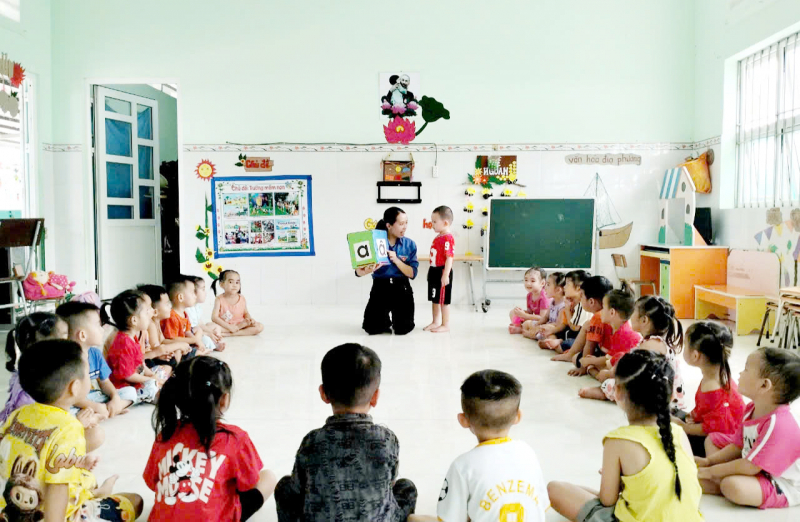
Regarding the policy on developing ethnic education, the work of implementing, guiding and inspecting the implementation of ethnic education policies; the organization of collective kitchens; the work of managing students in ethnic minority boarding schools and general schools with boarding students, the Department of Education and Training deploys and provides specific instructions to the units. The Department of Education and Training deploys, directs, guides and inspects the strict implementation of ethnic education policies to the units of the Department of Education and Training of districts, towns and cities; high schools, ethnic minority boarding schools; vocational education and continuing education centers (GDTX) of districts, towns and cities; and provincial GDTX Centers.
In particular, the programs, projects, ethnic policies and other policies related to ethnic minorities of the Central and the province are all of interest to the Department of Education and Training and are fully, promptly and in accordance with regulations. The Department of Education and Training always closely directs all ethnic boarding schools to arrange for 100% of students to stay in dormitories; schools must organize collective kitchens, ensure food safety and hygiene and carry out nutrition work in a public and transparent manner, the kitchen serves 2 main meals a day (lunch, afternoon), and assigns teachers to monitor and supervise each student meal, record student feedback for timely adjustment.
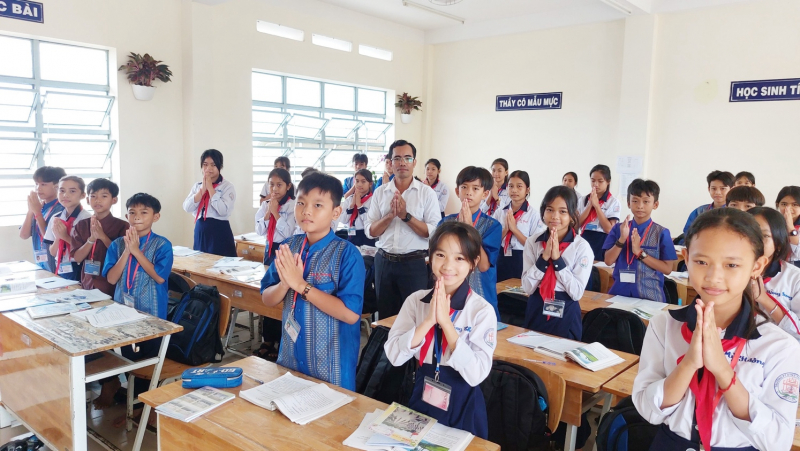
Assign the medical department to supervise the food safety and hygiene of the cooking department; publicize the menu, food, unit price; food safety and supervision activities of parents and the community on the process of organizing meals and the quality of students' meals; direct the medical department to coordinate with the kitchen to create a weekly menu, report the menu to the finance department to order food through suppliers; medical staff and head chefs check the input food to ensure quality and quantity. School health work is well implemented to take care of students' health, on duty 24/7; all schools organize educational activities suitable for ethnic boarding students, educating about the policies of the Party and State, cultural identity and traditions of Vietnamese ethnic groups; Vocational education and traditional vocational training suitable for students' abilities and qualities. In addition, ethnic boarding students also have duties and rights related to preserving their own cultural identity and respecting the cultural identity of other ethnic groups. In addition to implementing policies according to State regulations, Soc Trang also has its own local policies to support the development of ethnic education, such as specific policies to support teachers of Khmer language and script in the summer; Chinese language and script at schools outside the public school system in Soc Trang province. The work of preserving and developing the spoken and written languages of ethnic minorities has been well implemented.
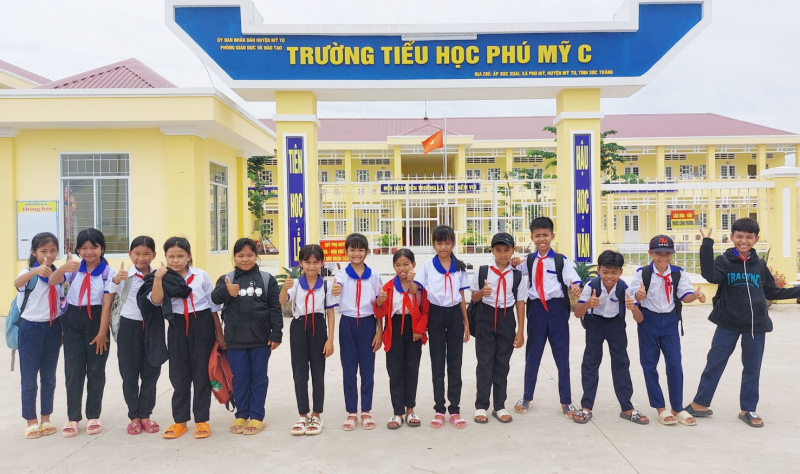
Regarding Khmer, the Department of Education and Training continues to direct ethnic minority schools to organize Khmer language teaching and learning for students in grades 1, 2, 3 and 4 in the 2024-2025 school year. Regarding Chinese, in the 2024-2025 school year, the whole province has 4 schools with 54 classes, with 1,473 students; of which (2 primary schools and 2 schools with primary + secondary levels) the primary level includes 35 classes, with 926/4,965 Chinese students studying Chinese, accounting for 18.65%; the secondary level includes 19 classes, with 547/3,300 Chinese students studying Chinese, accounting for 16.57%. All schools that teach Chinese are private schools organized by the Chinese Association.
Every year, the Department of Education and Training organizes provincial-level competitions such as clean and beautiful notebook competitions for 3 primary school grades (grades 3, 4, 5), provincial-level Khmer language competitions for grade 9 and high school students; directs units to organize tests and grant Khmer language certificates for grades 9 and 12. Training and testing for ethnic minority language certificates according to Circular No. 09/2023/TT-BGDDT. In addition, schools strengthen other local activities to preserve and develop the spoken and written languages of ethnic minorities; educate students to communicate with each other in ethnic languages, teach Khmer language, how to use phonetics, vocabulary, grammar, etc.; educate students about the fine traditions of the Vietnamese ethnic community, the cultural identity of ethnic minorities and the ethnic policies and guidelines of the Party and State; teach students about Khmer folk literature, fairy tales, jokes, folk songs, proverbs, etc.; Distribute Ethnic and Mountainous Newspapers to educational institutions; educate through typical examples in ethnic minority areas; educate students about cultural behavior in the learning and living environment. Educate students about traditional festivals, folk festivals, wedding customs, etc.; teach folk music, traditional musical instruments, Khmer folk songs; folk dances such as Rom Vong, Sa ra vanh, to students....
Ms. Tran Thi Thu Hang, Deputy Director of the Department of Education and Training of Soc Trang, said that in the 2025-2026 school year, in the field of ethnic education, the study and following of Ho Chi Minh's ideology, morality and lifestyle will continue; education and training for teachers, managers and moral education and lifestyle for students will be associated with the inclusion of the content of the industry's campaigns and emulation movements.
Continue to implement the policy of prioritizing investment in education and training development in ethnic minority and rural areas to narrow the gap in education quality between ethnic minority and rural areas and urban areas; ensure conditions for sustainable education development, contributing to political stability in ethnic minority areas; prioritize investment in development and improvement of teaching and learning quality in ethnic minority boarding schools and educational institutions in ethnic minority and rural areas; organize and manage well the teaching and learning of ethnic minority languages in educational institutions according to regulations; continue to strengthen the management of ethnic minority education.
Source: https://cand.com.vn/giao-duc/soc-trang-uu-tien-dau-tu-phat-trien-nang-cao-chat-luong-giao-duc-dan-toc-i772684/


![[Photo] General Secretary To Lam works with the Standing Committee of Quang Binh and Quang Tri Provincial Party Committees](https://vphoto.vietnam.vn/thumb/1200x675/vietnam/resource/IMAGE/2025/6/25/6acdc70e139d44beaef4133fefbe2c7f)
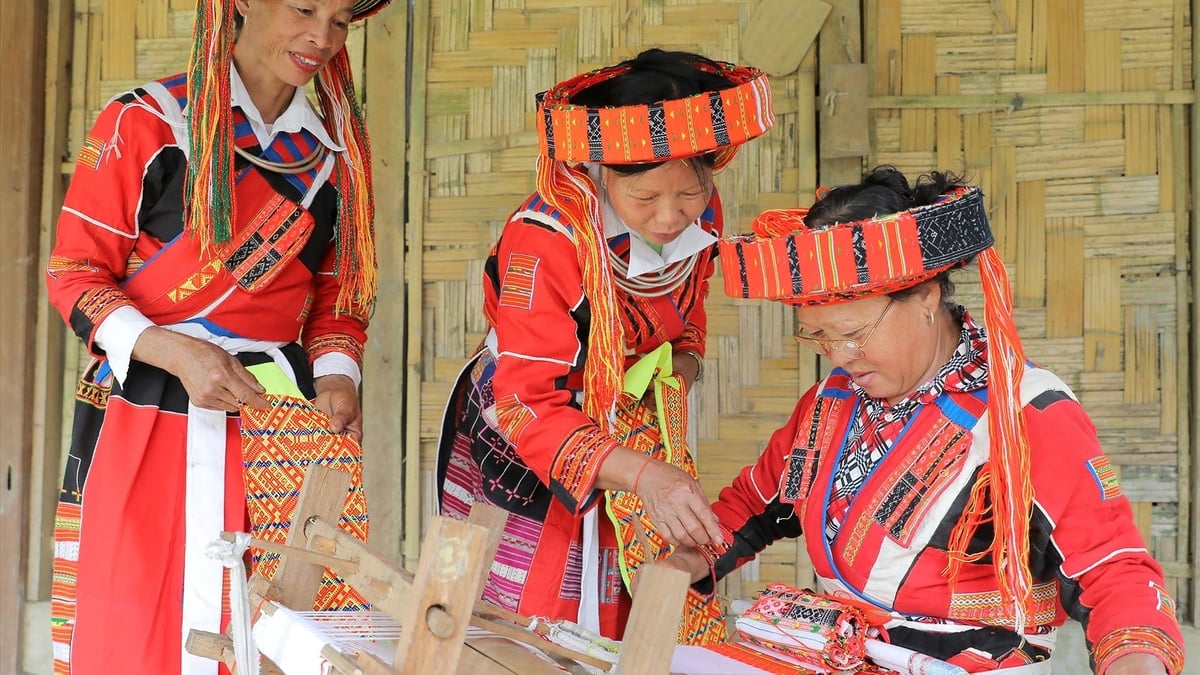






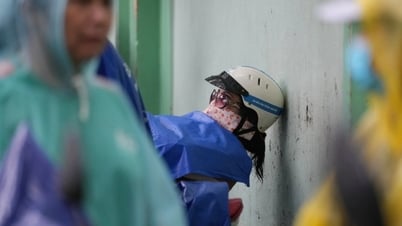




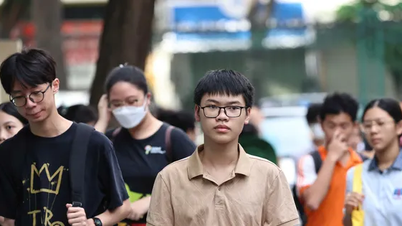










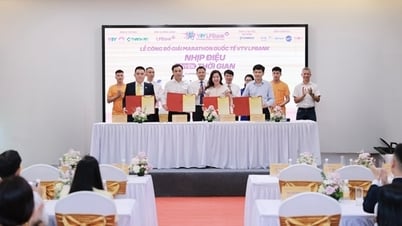
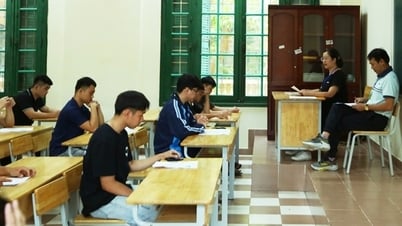








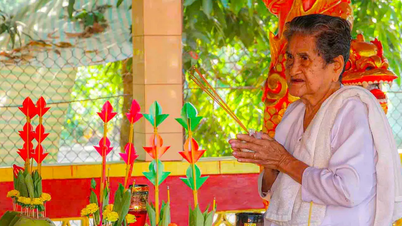








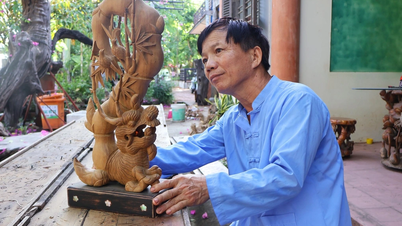

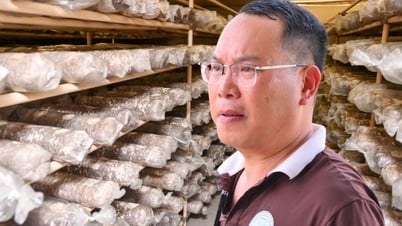







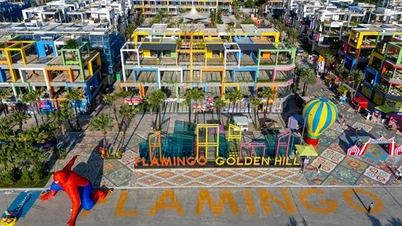














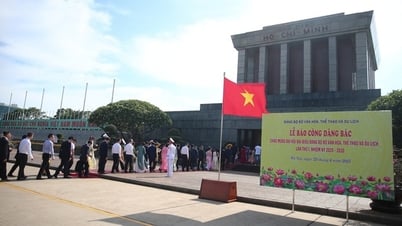





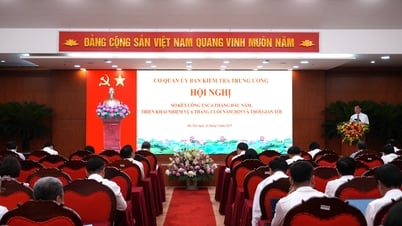


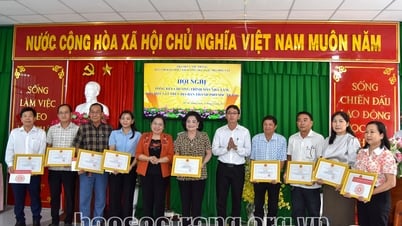



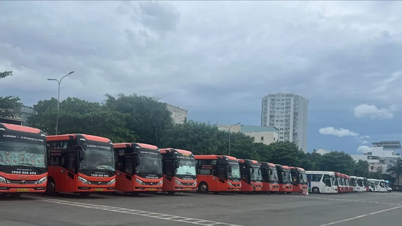








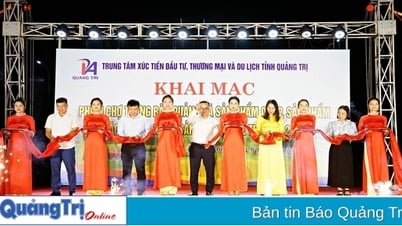










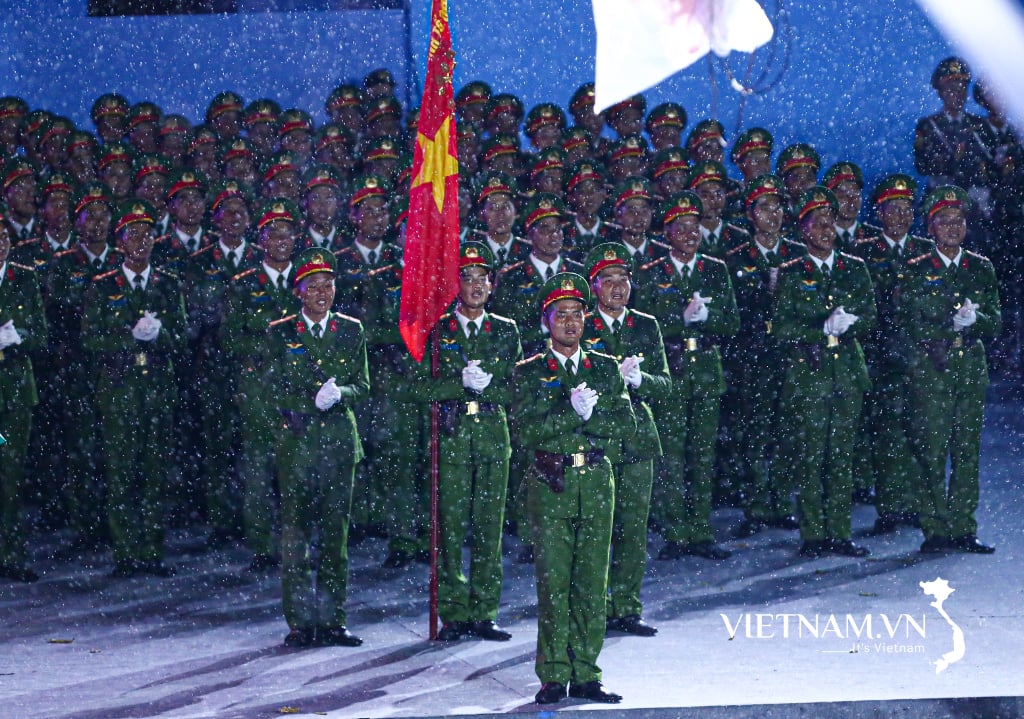
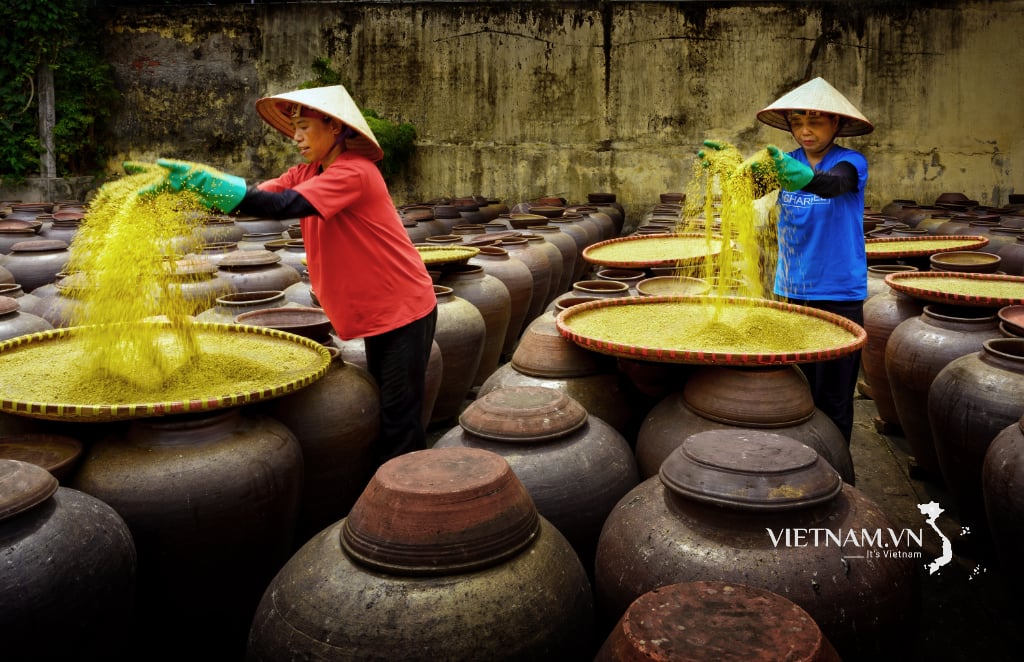
Comment (0)